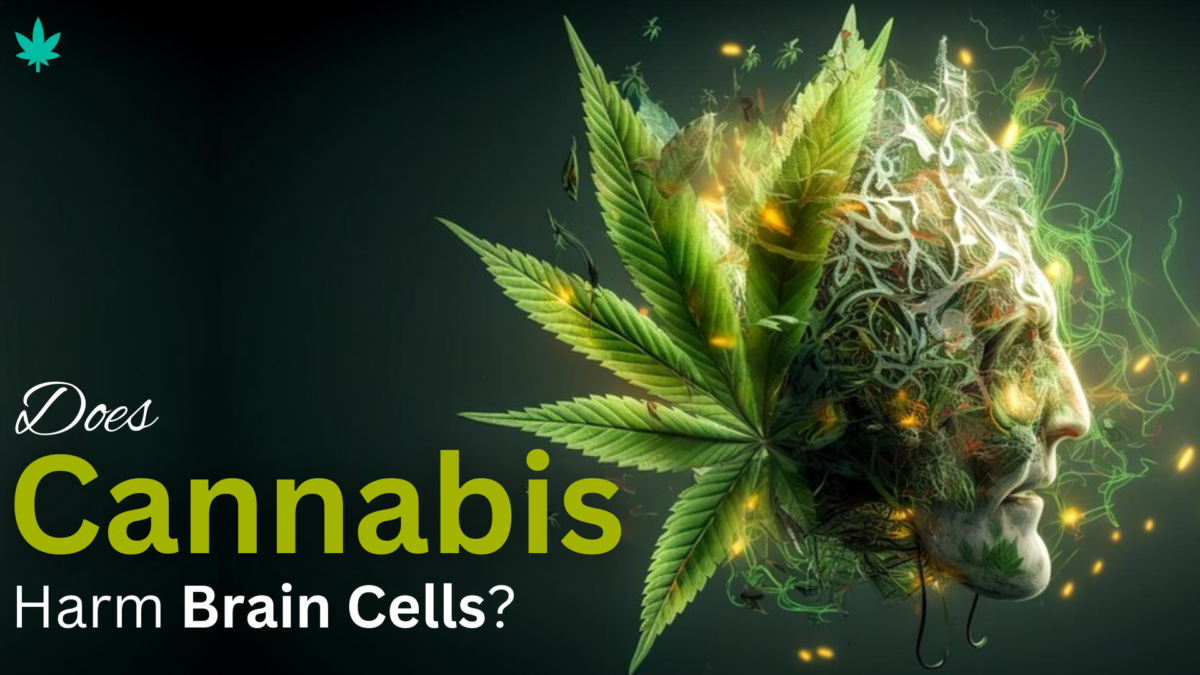Table of Content
One of the primary concerns regarding cannabis consumption is its potential to harm brain cells, particularly in young individuals whose brains are still developing. Early research suggested that cannabis use during adolescence could impair cognitive function and lead to long-term deficits in memory and learning. However, more recent studies have challenged these findings, indicating that the relationship between cannabis use and brain health may be more complex than previously thought.
Several factors contribute to the debate surrounding the effects of cannabis on brain cells. Firstly, the method of consumption plays a significant role. Smoking cannabis, for example, exposes the brain to potentially harmful toxins and carcinogens, which could have adverse effects on brain health. In contrast, other methods of consumption, such as vaping or consuming edibles, may pose fewer risks in this regard.
Furthermore, the potency of the cannabis product and the frequency of use are crucial considerations. High-potency strains containing elevated levels of THC may have a more pronounced impact on brain function, particularly in individuals with a predisposition to mental health issues. Additionally, frequent and heavy cannabis use has been associated with cognitive impairment and alterations in brain structure and function.
The truth about whether cannabis harms brain cells is nuanced and multifaceted. While early research raised concerns about the potential negative effects of cannabis on brain health, more recent studies have provided conflicting findings. Factors such as method of consumption, potency of the product, and frequency of use all play a role in determining the impact of cannabis on brain cells.
Frequently Asked Questions
While initial studies suggested potential harm, recent research indicates limited and reversible effects, particularly with moderate use.
Excessive cannabis use, especially at a young age, may impact cognitive function, memory, and executive function, though individual responses vary.
Some studies suggest cannabinoids like CBD may have neuroprotective properties, potentially offering benefits for conditions like epilepsy and neurodegenerative diseases.
Heavy cannabis use during adolescence may interfere with brain development, potentially impacting cognition, academic performance, and mental health.
Using cannabis responsibly, avoiding excessive consumption, and consulting with healthcare professionals can help mitigate potential risks and ensure optimal brain health.

